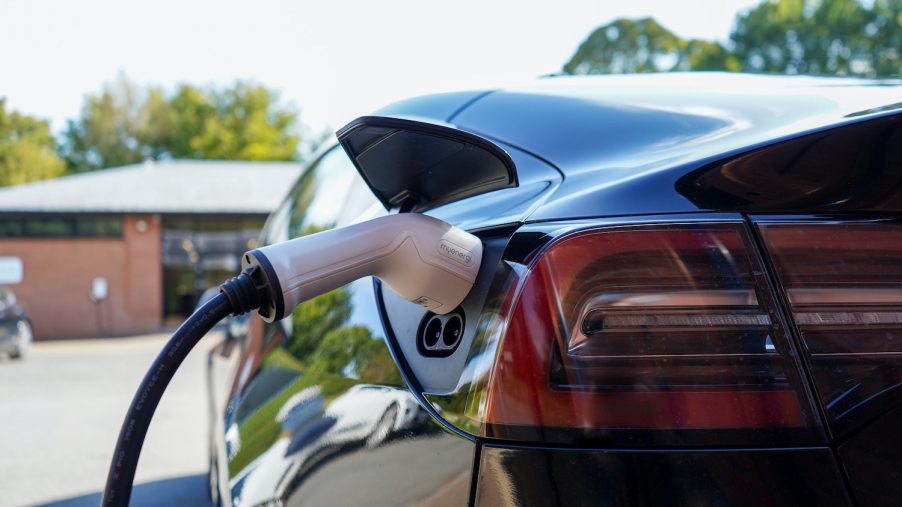
Can an Electric Vehicle Overheat?
You may already know that a poorly maintained internal combustion vehicle can overheat on a hot day. Perhaps you have even noticed an older car or truck by the side of the road, steam billowing from its engine compartment. But you might be surprised to hear EVs, despite not requiring combustion to operate, can also overheat.
How do internal combustion engines stay cool?
To regulate the temperature of an internal combustion engine on a hot day, engineers pump oil lubricant and water coolant through the engine. They also use fans and the airflow created by the moving vehicle to cool these liquids.

Internal combustion requires lighting gasoline or diesel fuel on fire and capturing the expanding gases from the resulting explosion to create power. Incredibly, engineers have found ways to keep an internal combustion engine can stay cool, even on a hot summer day.
Engineers pump liquid oil through an internal combustion engine to lubricate all its moving parts, because these components get especially hot. In addition, most modern cars pump a liquid coolant called antifreeze through channels in the engine block to cool it down. This coolant then passes through a radiator where air flowing by it cools it back down. A fan pulls air through this radiator so a car that’s moving slowly can still stay cool.
How do electric vehicles get hot?
The electric engines that propel electric cars do generate heat. But they actually do not generate as much heat as another component: the vehicle’s batteries. Both charging and withdrawing electricity from a battery creates heat. The more electricity you move, and the faster you move it, the more heat you create.

Keeping increasingly large EV batteries cool presents an engineering challenge. Luckily, modern engineers have a century of coolant systems designed for internal combustion engines to draw from.
According to NAPA Online, many modern electric vehicles feature a water coolant system with channels running between cells in their lithium-ion battery packs. When water passes through these channels, it heats up, and the battery cools down a bit.
Can heat damage an electric vehicle?
On an especially hot day, it is more difficult for an electric vehicle to regulate its battery’s temperature. It must run its water pumps faster to draw more heat out of its battery pack. This is usually not an issue, but it will reduce the vehicle’s overall range.

Charging up your battery pack during a very hot day may even reduce the lifespan of your battery pack. Many of the latest EVs are smart enough to charge at a reduced voltage if battery temperatures are very high. But if your EV does not have this function, saving the charging for the evening when temperatures are cooler may help your battery last.
Next, see how a Tesla handles driving during a 100+ degrees (Fahrenheit) day:



